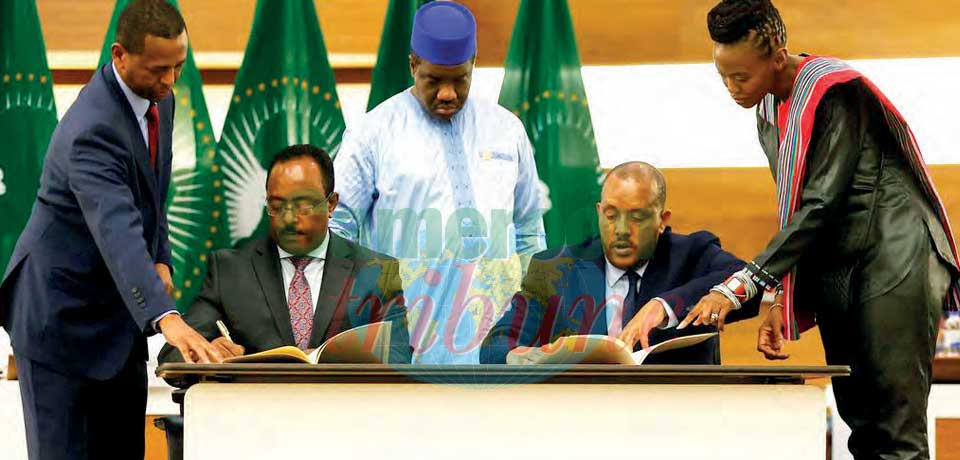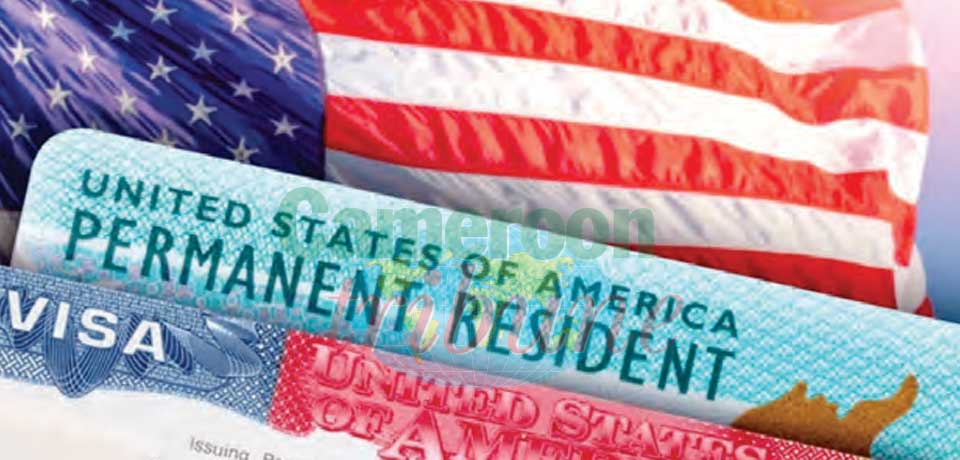“The Peace Efforts Face New Uncertainties”
- Par Eldickson Agbortogo
- 29 juil. 2025 13:35
- 0 Likes

Dr Tarh Humphrey Ntantang, Political Economist, Researcher and Founder of Ntantang Center for Research and Consultation, Yaounde.
For some time now we have witnessed the appointment of special envoys to help solve conflicts in countries like Libya, DRC... What is your talk on this move?
The AU and the regional organizations should establish expert mediation units for the following reasons: international mediation should not be equated with coercive diplomacy but should rather be understood and practiced as a specialized activity with a particular set of skills and techniques; mediators who are experienced and competent are more likely to succeed than those who are inexperienced or inept; and poorly conducted mediation can exacerbate the conflict. International mediators diminish the prospect of ending conflict when they deviate from the principles of confidence-building mediation and are unfamiliar with its techniques. Mediation is a specialized activity that is not a mystical affair, reducible to common sense or synonymous with coercive diplomacy. The AU and regional bodies would better fulfil their mandates in relation to peace and security if they established mediation units with the necessary expertise.
Why have most of them failed in their missions?
The peace process remains elusive in DRC and Libya despite efforts. The peace efforts face new uncertainties, challenges such as unclear roles, funding issues, and external influences continue to hinder the peace initiatives. In the case of DRC, the recent withdrawal of Angolan leader as a mediator and a newly expanded mediation team are all signs of failures. President Joao laurenco, who has been leading mediation efforts, announced his disengagement, citing focus on his rotating presidency of the AU. Angola had tried on several occasions to broker peace between the DRC, Rwanda, and the M23 rebels without much success. The failure of negotiations is due to a combination of factors, including some external elements unrelated to the ongoing African process, for instance, the Qatar meeting between President Tshisekedi and President Paul Kagame. Another challenge to the mediation efforts is the involvement of external actors, including Uganda and Rwanda, which deny accusations of supporting the M23 militia, which is an additional challenge to mediation efforts. Also, the greater the number of parties, the harder it is to address all of these concerns to the satisfaction of all the parties and facilitate decision-making by consensus. The difficulty is heightened by the presence of other actors hovering in the wings: the gatecrashers who want to join the mediation but have not been invited; the godfathers who influence the parties’ decisions behind-the-scenes; the parties’ members and constituencies that constrain their leaders’ decision making freedom; the neighbours that behave in an unneighbourly fashion; the donors and big powers that have their own agendas; and the media, which are hungry for con...
Cet article complet est réservé aux abonnés
Déjà abonné ? Identifiez-vous >
Accédez en illimité à Cameroon Tribune Digital à partir de 26250 FCFA
Je M'abonne1 minute suffit pour vous abonner à Cameroon Tribune Digital !
- Votre numéro spécial cameroon-tribune en version numérique
- Des encarts
- Des appels d'offres exclusives
- D'avant-première (accès 24h avant la publication)
- Des éditions consultables sur tous supports (smartphone, tablettes, PC)














Commentaires